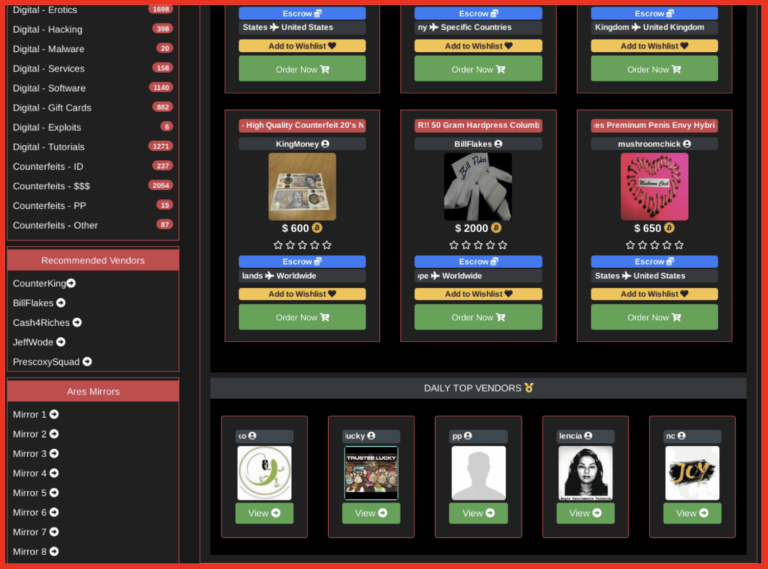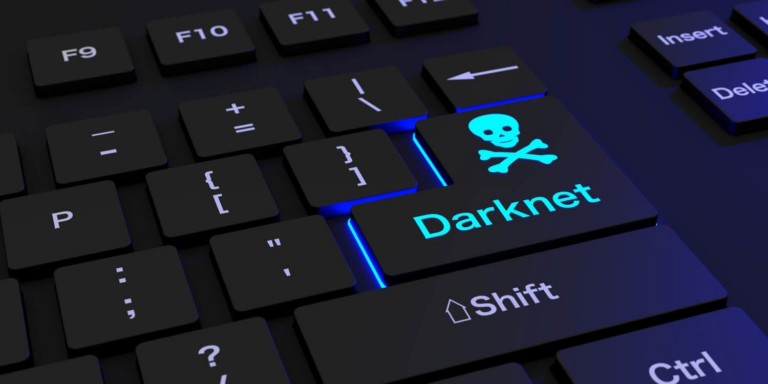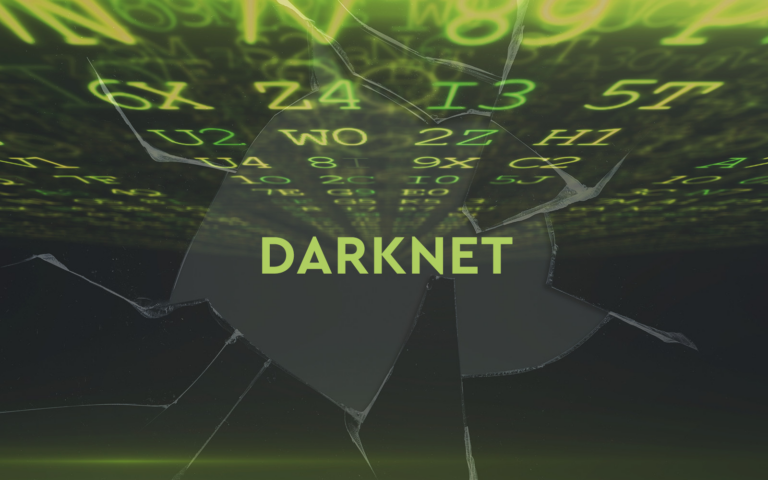
The term “darknet markets” often sparks curiosity, concern, and debate. Known for their secretive nature, these online marketplaces operate on the dark web, an encrypted part of the internet that’s invisible to traditional search engines. While darknet markets gain notoriety for illegal transactions like drug sales or counterfeit goods, they also prompt critical conversations about privacy, ethics, and law enforcement.
This post dives deep into the world of darknet markets, covering how they operate, their implications for law enforcement and users, and what their future might look like.
What Are Darknet Markets?
Darknet markets are online platforms that allow buyers and sellers to interact anonymously. These markets operate on the dark web, which can only be accessed through specialized software like the Tor browser. Unlike the surface web used daily, the dark web’s privacy-focused infrastructure enables encrypted communication and anonymity.
Features of Darknet Markets
Darknet markets share some similarities with traditional e-commerce platforms, but their unique characteristics make them stand out:
- Anonymity: Buyers and sellers typically use pseudonyms and cryptocurrencies like Bitcoin for anonymity.
- Product Categories: These markets offer a range of products—legitimate and illicit. Popular categories include drugs, counterfeit goods, illegal services, and hacked data.
- Reputation Systems: Many darknet shops use customer reviews and ratings to establish seller credibility, much like platforms like eBay.
- Escrow Services: Escrows are often provided to hold payment until buyers confirm satisfactory delivery, reducing fraud.
While many darknet market links are constantly changing to avoid detection, some resources inform users how to find updated darknet market URLs.
The Legal and Ethical Implications
The rise of darknet markets poses significant challenges for law enforcement and raises ethical questions about online privacy and misuse.
Challenges for Law Enforcement
- Anonymous networks and encrypted transactions make tracing users difficult.
- The decentralized nature of markets means shutting down one platform often results in new ones emerging.
- Some darknet markets host auctions for stolen data or exploitative content, amplifying societal harm.
For instance, the infamous shutdown of Silk Road in 2013 – a pioneer darknet shop involved in drug trade – highlighted law enforcement’s struggle to control such activities. Since then, advanced tracking tools and international collaboration have improved, but the constantly evolving darknet landscape presents ongoing hurdles.
Ethical Considerations
While anonymity on the dark web has positive implications for whistleblowers or activists in oppressive regimes, the same tools allow for activities like human trafficking, ransomware operations, and the sale of illegal substances. The ethical debate arises when balancing individuals’ right to privacy with the potential for harm caused by unregulated online marketplaces.

The User Perspective
What makes darknet markets appealing to ordinary users, and what risks do they carry?
Why Do People Use Darknet Markets?
Darknet markets attract individuals for various reasons:
- Access to Restricted Products: Some users turn to darknet shops for items unavailable in their local market—legal or otherwise.
- Privacy Concerns: Individuals concerned about surveillance or government overreach may prefer encrypted and anonymous platforms.
- Curiosity: The mystery surrounding darknet market links and URLs often encourages people to explore.
Risks of Using Darknet Markets
Despite their allure, darknet markets come with substantial risks:
- Fraud and Scams: Not all transactions are secure. Without proper escrow services, users risk losing their money to scammers.
- Exposure to Malicious Actors: Many markets harbor cybercriminals who deploy malware to steal credentials or funds.
- Legal Consequences: Even browsing darknet market URLs can attract scrutiny, while engaging in illegal purchases can lead to severe penalties.
- Lack of Consumer Protections: Unlike regulated marketplaces, refunds or complaints are impossible in most darknet shops.
Precautions for Users
To minimize risks, users must be hyper-aware:
- Always use a secure VPN alongside Tor to hide IP addresses.
- Avoid clicking unverified darknet market links.
- Understand the legality of any purchase before proceeding.
However, even with precautions, involvement in darknet markets remains high-risk and is best avoided for illegal activities.
The Future of Darknet Markets
Given the rapid evolution of technology and cybersecurity, what does the future hold for darknet markets?
Trends and Changes
- Increasing Decentralization:
- Organizations may adopt decentralized structures, leveraging blockchain technologies to complicate shutdowns.
- Peer-to-peer systems could replace centralized platforms, enabling direct communication between buyers and sellers.
- Rise of Specialized Markets:
- While generalist darknet shops exist, niche markets tailored to specific products or services are gaining momentum. Specialized shops make detection harder.
Opportunities for Regulation and Security
Though combating darknet markets is challenging, several developments offer hope:
- Improved Cybersecurity Tools:
AI and big data analysis could enhance law enforcement’s ability to dismantle darknet operations effectively. Machine learning techniques, for example, are being trialed to monitor emerging darknet market URLs in real-time.
- Advocating for Policy Changes:
Allowing ethical discussions among governments, tech companies, and civil rights organizations can lead to better definitions and responses regarding online privacy and illegal activities.
- Educating Users:
Awareness campaigns can empower individuals, especially ordinary users, to understand the darknet’s risks and avoid indiscriminate exploration.
The Balance Between Privacy and Regulation
Darknet markets represent a dynamic intersection of technological innovation, privacy rights, and criminal exploitation. While the anonymity offered by these platforms can protect vulnerable individuals in oppressive contexts, they also facilitate illegal activities that impact global safety.
By recognizing how darknet markets operate, the risks they pose, and the complex ethical questions they raise, law enforcement, policymakers, and individuals must adopt informed approaches to managing their presence.
The future of darknet markets isn’t set in stone. Collective dialogue, cutting-edge technology, and robust education can pave the way for a more ethical integration of privacy and security in our digital world.


